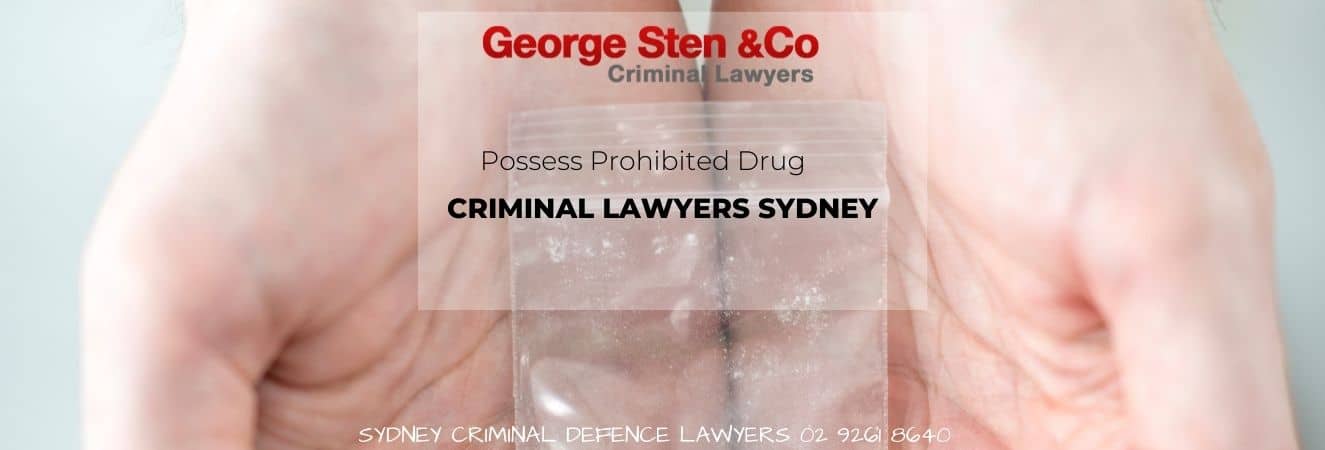Possession of a prohibited drug the law in New South Wales under the provisions of s 10 of the Drug Misuse and Trafficking Act 1985 (NSW), it is an offence for a person to have a prohibited drug in his or her possession. However, when talking about possession, the question of what constitutes possession is a multilayered question because there are a number of different associated elements that includes knowledge, intent, custody and control.
The mental element of possession
Aickin J in Williams v The Queen (1978) 140 CLR 591, stated that possession contains a mental element, and his Honour said (at 610):
“It is necessary to bear in mind that in possession there is a necessary mental element of intention, involving a sufficient knowledge of the presence of the drug by the accused. No doubt in many cases custody of an object may supply sufficient evidence of possession, including the necessary mental element, but that is because the inference of knowledge may often be properly drawn from surrounding circumstances.”
What must the prosecution prove?
For the prosecution to demonstrate that a person had possession of a prohibited drug, they must show beyond reasonable doubt that:
- the prohibited drugs were in the custody or control of the person; and
- the person knew that this was the case.
Defining what is custody and control can be broken down in the following manner. In relation to custody of a prohibited drug, a person may be seen to be in custody of an illegal drug if it is within their immediate physical possession – most obviously, having a drug in their pockets for example. Reference to the control element can mean that the person has the right to keep, use, or share the prohibited drug.

How is custody and control proven?
In order to demonstrate a person has custody and control, it must be proven that the person had control over the prohibited drug, either in their vehicle or place of residence for example. However, it should be pointed out that just because a prohibited drug was found within a person’s property, it does not necessarily mean they have ownership of all articles and items within the property.
The question of custody and control is extremely nuanced. So, if a person is aware that one of their housemates has control of a prohibited drug on the property for example, they may still not be guilty of possession, as was the case in R v Fillipetti (1984) 13 A Crim R 334. The appellant, Edward Fillippetti resided with six other people, all of whom had access to and made free use of the lounge room where police found a large quantity of cannabis. The appellant was charged with (deemed) supply on the basis of possession of a quantity of cannabis in excess of the prescribed quantity and was convicted, and subsequently appealed.
The appeal was allowed and it was held by Street CJ and Maxwell JJ that access to, and use of the place where the cannabis was found by others meant that the Crown had not produced enough evidence to negate possession on the part of any other occupants. Furthermore, the Court of Criminal Appeal, New South Wales, also held there was insufficient evidence to enable the jury to come to the conclusion that the cannabis was in the appellant’s exclusive physical control.
Although with that being said, a person may be guilty of an offence of possession of a prohibited drug, even if the custody or control was momentary – such as having a marijuana water pipe handed to them.
Drug charges are a serious offence that may result in imprisonment. If you have been charged with a drug offence, it is imperative you contact George Sten & Co Criminal Lawyers for our specialised legal advice. With over 50 years experience in this area of law, our criminal lawyers will be able to assist you in building your case and gaining the best possible result.
Call our office today 02 9261 8640


